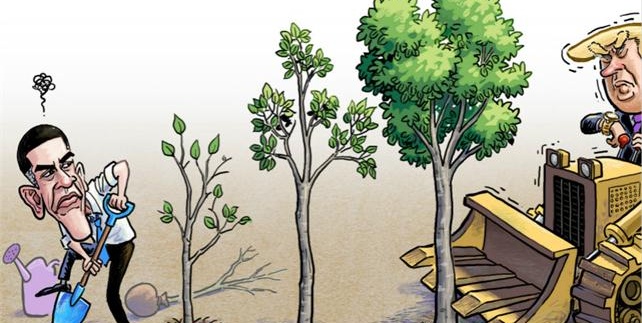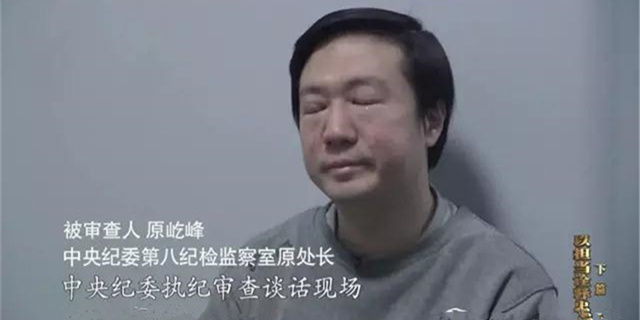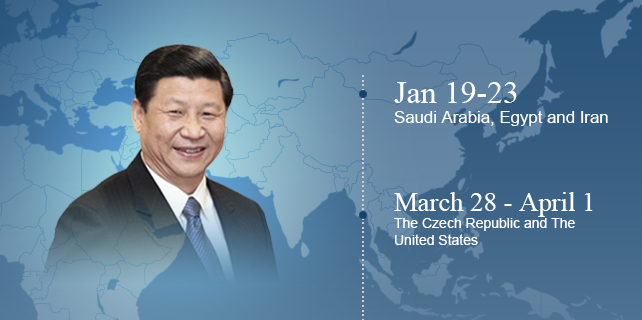China's forex reserve drop narrows in 2016, pressure remains
BEIJING - China's forex reserves continued to shrink in December, falling for the sixth straight month, official data showed Saturday.
Foreign exchange reserves stood at about $3.01 trillion last month, down from about $3.05 trillion in November, the State Administration of Foreign Exchange (SAFE) said, citing figures from the central bank.
The 41.1-billion-USD drop was down from November's $69.1 billion fall and marks the sixth straight month of falling forex reserves.
Meanwhile, the country's gold reserves also dropped in December, falling by $1.9 billion.
The country's forex reserves fell by $319.8 billion in 2016, narrowing the drop compared with that in 2015.
Forex reserves continued to drop in December as the People's Bank of China (PBOC) used them to balance the forex market and non-greenback currencies weakened against the US dollar, the forex watchdog said in one statement.
The central bank's effort to stabilize the Chinese yuan is the major reason for China's falling foreign exchange reserves in 2016, SAFE added.
The PBOC's forex market operations, price fluctuations of the forex reserve's investment assets, and exchange rate against the dollar have influenced China's forex reserves, according to the statement.
The Chinese yuan depreciated about 7 percent against the surging dollar in 2016 amid concerns of more US Fed interest rate hikes and capital outflows.
Despite recent drops, China is still home to the world's largest forex reserve and enjoys forex inflows from its trade surplus and foreign direct investment of about $620 billion each year.
China has more than enough forex reserves to cover import bills and foreign debt payments, and most forex reserves are liquid and useable, but not for defending the currency over a long period of time, according to a research note from UBS China.
China's monetary policy will be kept prudent and neutral in 2017 and the government will continue reform of the foreign exchange management system, said a central bank statement issued Friday, echoing the tone set at the Central Economic Work Conference.
SAFE said Friday that it will strengthen management of cross-border capital flow and improve operating management of foreign exchange reserves to maintain safety and flexibility while guarding against losses in value.
China's forex reserves might face continuous pressure in January as the annual household limit of $50,000 for forex purchases resets, according to Xu Yang, a senior analyst with Sinolink Securities.
Those who want to buy foreign currency have to specify their purpose and provide additional information, SAFE said last week, adding that increased scrutiny will not hamper normal forex purchases for overseas study or travel, but aims to counter illegal investment.
Meanwhile, a weakening yuan would urge the central bank to use more forex reserves to balance the market, Xu added.









